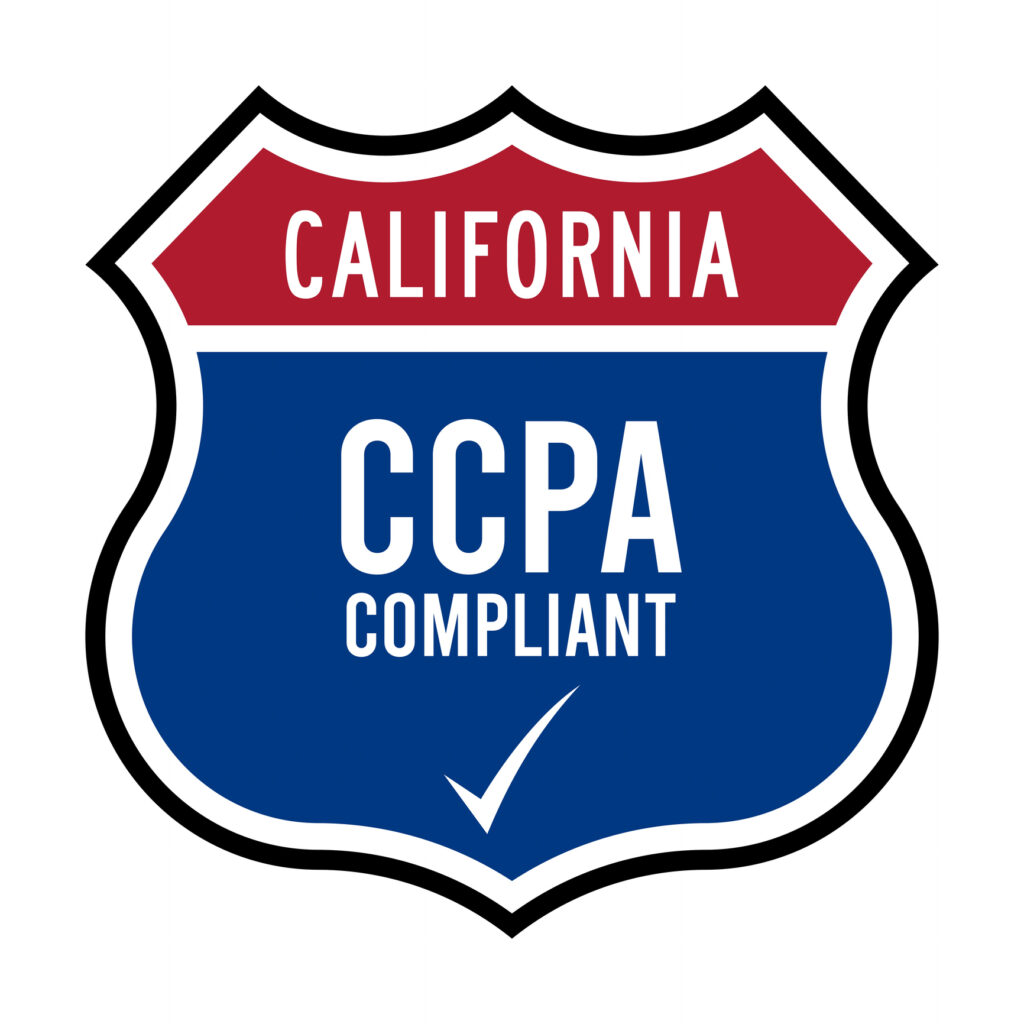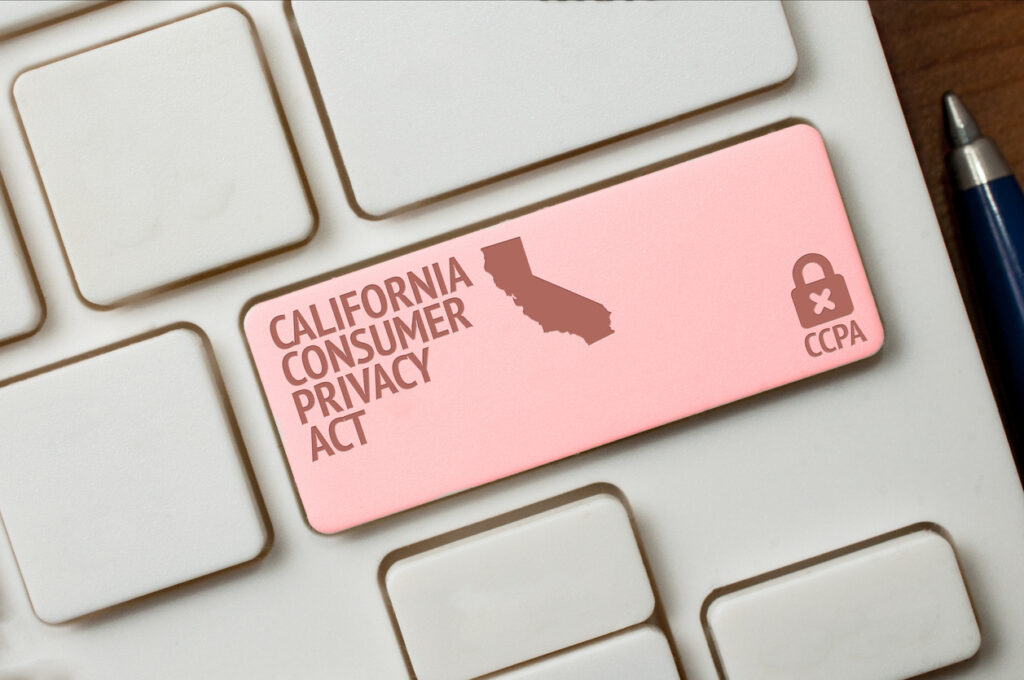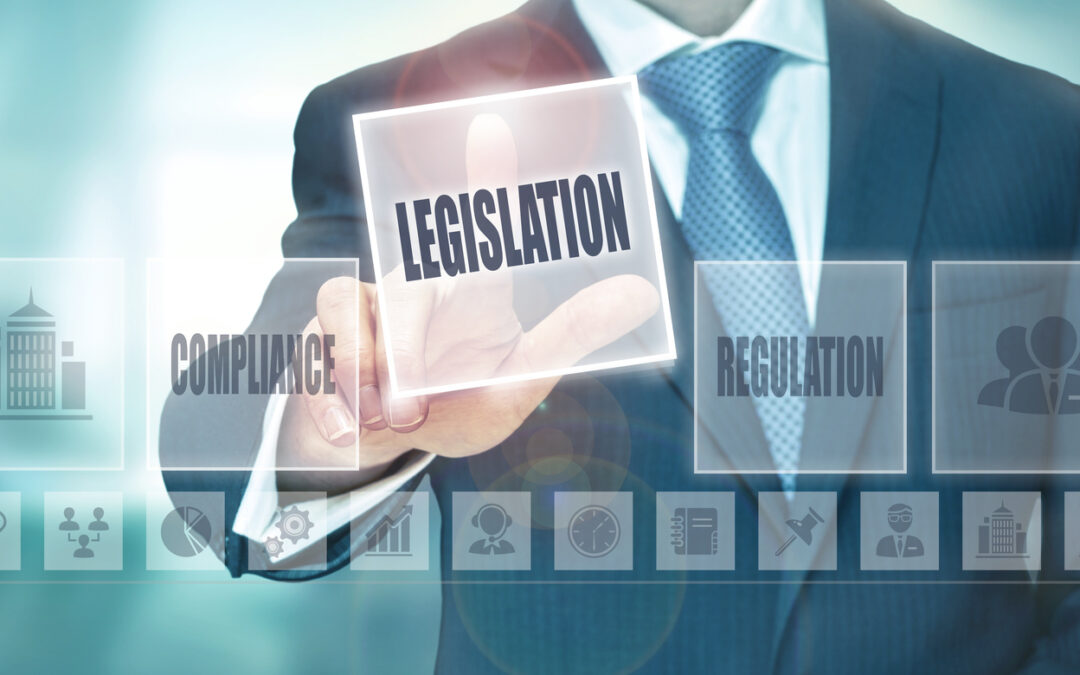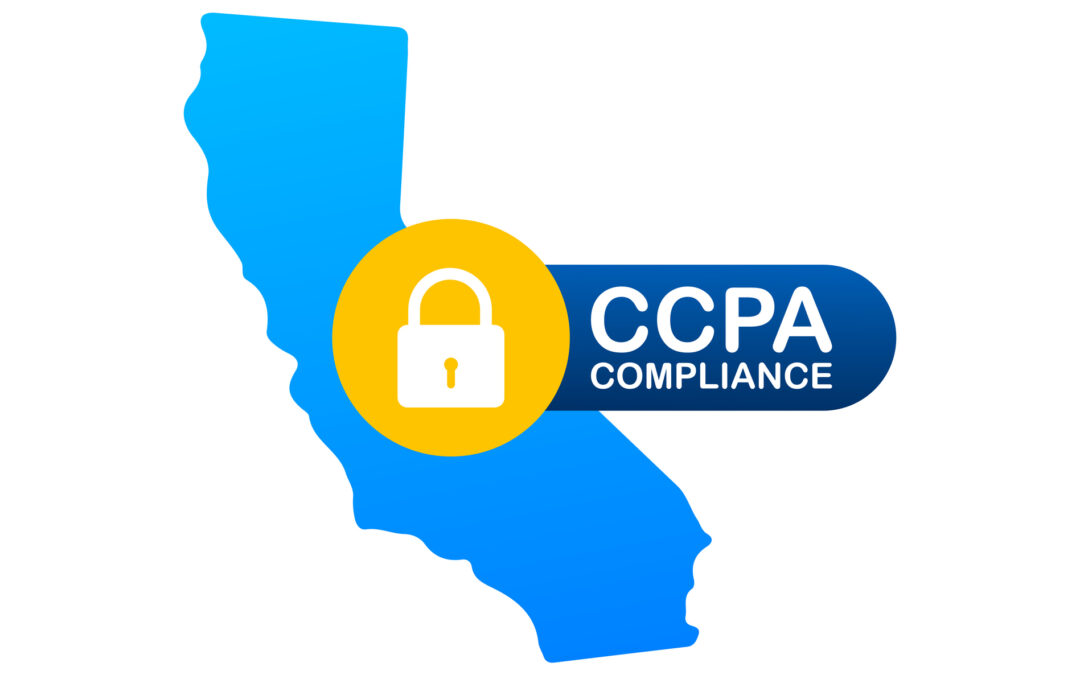
CCPA Compliance: The Ultimate Guide
As data privacy concerns continue to rise, it has become increasingly crucial for businesses to understand and adhere to data protection regulations. One such regulation is the California Consumer Privacy Act (CCPA). This post aims to provide you with a comprehensive understanding of CCPA compliance, why it matters, and how to ensure your business adheres to CCPA regulations.
What is CCPA Compliance?
The California Consumer Privacy Act (CCPA) is a data protection law enacted in California to safeguard the privacy rights of consumers. It grants consumers specific rights regarding their personal information and imposes obligations on businesses to protect this data.
The key components of CCPA include:
- The right to know what personal information is collected, used, shared, or sold
- The right to delete personal information held by businesses
- The right to opt-out of the sale of personal information
- The right to non-discrimination for exercising CCPA rights
Why Compliance with the CCPA Matters
Legal implications
Non-compliance with the CCPA text can lead to legal actions and hefty fines for businesses. Each violation can result in penalties of up to $2,500 for unintentional violations and $7,500 for intentional violations.
Consumer trust and brand reputation
Consumers are becoming increasingly aware of data privacy issues. By demonstrating compliance with CCPA, businesses can build trust with their customers and enhance their brand reputation.
Financial consequences of non-compliance
Aside from penalties, non-compliance can also lead to loss of business and damage to a company’s reputation, resulting in long-term financial consequences.
Steps to Achieve CCPA Compliance
- Determine if your business falls under CCPA jurisdiction: CCPA applies to for-profit businesses that collect personal information from California residents and meet at least one of the following criteria:
-
- Annual gross revenue of over $25 million
- Buy, sell, or share personal information of 50,000 or more consumers, households, or devices
- Derive 50% or more of annual revenue from selling consumers’ personal information
- Identify and map personal information: Create an inventory of the personal information your business collects, stores, and shares. This will help you understand the flow of data and identify areas requiring additional protection.
- Establish processes to handle consumer requests: Develop procedures to address consumer requests for data access, deletion, and opt-out of the sale of personal information.
- Update privacy policies and notices: Ensure your privacy policy reflects CCPA requirements and provides clear instructions on how consumers can exercise their rights.
- Train employees on CCPA requirements: Educate your employees about the CCPA and their responsibilities in handling personal information.
- Regularly assess and update compliance efforts: Continuously monitor your compliance efforts and make necessary updates to stay aligned with CCPA requirements.
Real-Life Examples of Companies Complying with the CCPA
- AT&T
- Privacy Policy: https://about.att.com/csr/home/privacy.html
- Tools: AT&T Privacy Center
- Standout Features: AT&T’s privacy policy is detailed and transparent. The AT&T Privacy Center serves as a one-stop-shop for users to manage their data and exercise their CCPA rights. Users can access, delete, and opt out of the sale of their personal information through the Privacy Center.
- Microsoft
- Privacy Policy: https://privacy.microsoft.com/en-us/privacystatement
- Tools: Microsoft Privacy Dashboard
- Standout Features: Microsoft’s privacy policy is comprehensive and well-organized. Their Privacy Dashboard allows users to easily manage their data
Tools and Resources to Comply with the CCPA
Software solutions:
- OneTrust
- Website: https://www.onetrust.com/
- Unique Features: OneTrust offers a comprehensive suite of privacy management solutions, including data mapping, assessment automation, and consumer rights management. The platform also integrates with existing business software.
- How it helpsbto comply with the CCPA: OneTrust simplifies compliance with the CCPA by automating data inventory, streamlining consumer request management, and providing reporting tools for ongoing compliance monitoring.
- TrustArc
- Website: https://www.trustarc.com/
- Unique Features: TrustArc provides a wide range of privacy management solutions, such as data flow mapping, risk assessments, and a centralized platform for managing consumer requests.
- How it helps to comply with the CCPA: TrustArc allows businesses to efficiently manage and track compliance with the CCPA, automate consumer request processes, and gain insights into potential risks and areas for improvement.
- BigID
- Website: https://bigid.com/
- Unique Features: BigID specializes in data discovery and classification, enabling businesses to accurately identify and map personal information across their systems. It also offers data access and deletion request management.
- How it helps to comply with the CCPA: By providing a clear understanding of where personal information resides within a company’s systems, BigID makes it easier to address consumer requests and maintain compliance with CCPA requirements.
- DataGrail
- Website: https://datagrail.io/
- Unique Features: DataGrail offers a privacy platform that simplifies the management of consumer rights requests, automates data mapping, and integrates with over 200 popular business applications.
- How it helps to comply with the CCPA: DataGrail streamlines the process of handling consumer requests under CCPA, ensuring timely responses and reducing the risk of non-compliance.
- Securiti.ai
- Website: https://securiti.ai/
- Unique Features: Securiti.ai provides an AI-powered privacy platform called PRIVACI that includes data mapping, consumer rights management, and privacy risk assessments. It also offers a chatbot for easy consumer request handling.
- How it helps to comply with the CCPA: The PRIVACI platform automates various aspects of CCPA compliance, including data inventory, consumer request management, and risk assessments, making it easier for businesses to stay compliant.
When choosing a software tool for compliance with the CCPA, businesses should consider factors such as cost, user-friendliness, level of automation, and compatibility with their existing software. Each of the tools mentioned above offers unique features and capabilities that can help streamline their ability to comply with the CCPA, making them worth considering for businesses operating in various industries.
Consultancies and legal support:
Below is a list of reputable consultancies and legal firms that specialize in providing professional assistance for data protection and the compliance with the CCPA:
- PwC (PricewaterhouseCoopers)
- Website: https://www.pwc.com/
- Services: PwC offers a range of data protection and privacy services, including CCPA readiness assessments, data mapping, policy development, and ongoing compliance management.
- Geographic Locations: PwC has offices in over 150 countries worldwide.
- Why choose PwC: As one of the largest professional services networks globally, PwC has extensive experience in helping businesses achieve data protection compliance, including CCPA.
- KPMG
- Website: https://home.kpmg/
- Services: KPMG provides data privacy and protection services such as CCPA readiness assessments, gap analysis, risk management, and tailored compliance strategies.
- Geographic Locations: KPMG operates in more than 140 countries worldwide.
- Why choose KPMG: With a global presence and expertise in a wide range of industries, KPMG can help businesses navigate the complexities of data protection regulations like CCPA.
- Deloitte
- Website: https://www2.deloitte.com/
- Services: Deloitte offers services related to data privacy and compliance with the CCPA, including data inventory, privacy impact assessments, policy development, and consumer rights management.
- Geographic Locations: Deloitte has a presence in over 150 countries worldwide.
- Why choose Deloitte: As one of the “Big Four” accounting organizations, Deloitte has a strong reputation in providing data privacy and compliance advisory services.
- BakerHostetler
- Website: https://www.bakerlaw.com/
- Services: BakerHostetler provides legal services related to data protection and privacy, including compliance with the CCPA, breach response, risk assessments, and policy development.
- Geographic Locations: This law firm has offices across the United States.
- Why choose BakerHostetler: With a dedicated Privacy and Data Protection team, BakerHostetler offers businesses expert legal advice on navigating compliance with the CCPA and other data protection regulations.
- Hunton Andrews Kurth
- Website: https://www.huntonak.com/
- Services: Hunton Andrews Kurth offers legal services in data privacy and security, including compliance with the CCPA, policy development, risk management, and breach response.
- Geographic Locations: The firm has offices in the United States, Europe, and Asia.
- Why choose Hunton Andrews Kurth: Recognized as a leading law firm in privacy and cybersecurity, Hunton Andrews Kurth can provide comprehensive legal support for businesses seeking CCPA compliance solutions.
Each of these consultancies and legal firms offers specialized services in data protection and compliance with the CCPA, making them a good choice for companies seeking professional assistance in achieving compliance. Their expertise, global presence, and strong reputations make them reliable options for businesses in various industries.
Guides and checklists:
Below is a comprehensive list of resources that businesses can use to achieve compliance with the CCPA, and organized into categories for easy navigation:
General Guides
- California Attorney General’s CCPA Guide: The official guide provided by the California Attorney General’s office outlines the key requirements of the CCPA and offers practical guidance for businesses.
- https://oag.ca.gov/privacy/ccpa
- How it helps: This resource provides authoritative information on CCPA regulations, making it an essential starting point for businesses seeking to understand and comply with the law.
Compliance Checklists
- IAPP CCPA Readiness Checklist: The International Association of Privacy Professionals (IAPP) offers a comprehensive checklist that helps businesses assess their readiness for CCPA compliance.
- https://iapp.org/resources/article/iapp-tools-and-trackers/
- How it helps: The checklist covers various aspects of complying with the CCPA, providing businesses with a clear roadmap to ensure they meet all requirements.
Industry-Specific Compliance Checklists
- Healthcare CCPA Compliance Checklist: This resource provides a checklist specifically tailored for healthcare organizations to address the unique challenges they face in achieving compliance with the CCPA.
- https://www.hipaajournal.com/ccpa-compliance-checklist/
- How it helps: This industry-specific checklist helps healthcare organizations navigate the complexities of compliance with the CCPA within the context of their sector.
Compliance Management Tools
- Nymity CCPA Compliance Toolkit: Nymity offers a toolkit designed to help businesses manage CCPA compliance through templates, guides, and checklists.
- https://www.nymity.com/solutions/ccpa-compliance-toolkit/
- How it helps: This toolkit provides businesses with a structured approach to CCPA compliance, ensuring they have all the necessary resources and tools in one place.
Online Courses
- LinkedIn Learning CCPA Compliance Course: This online course on LinkedIn Learning covers the fundamentals of adhering to the CCPA and provides practical tips for businesses.
- https://www.linkedin.com/learning/ccpa-compliance/
- How it helps: The course offers a step-by-step guide to achieving compliance with the CCPA, making it an excellent resource for businesses looking to deepen their understanding of the legislation.
Webinars
- IAPP CCPA Webinar Series: The IAPP hosts a series of webinars that cover various aspects of complying with the CCPA, featuring expert speakers and insights.
- https://iapp.org/train/webconferences/
- How it helps: These webinars provide businesses with up-to-date information, best practices, and expert advice on CCPA compliance, helping them stay informed and aligned with the latest developments.
By utilizing these diverse resources, businesses can better understand CCPA regulations, assess their readiness, and implement effective strategies to achieve compliance.
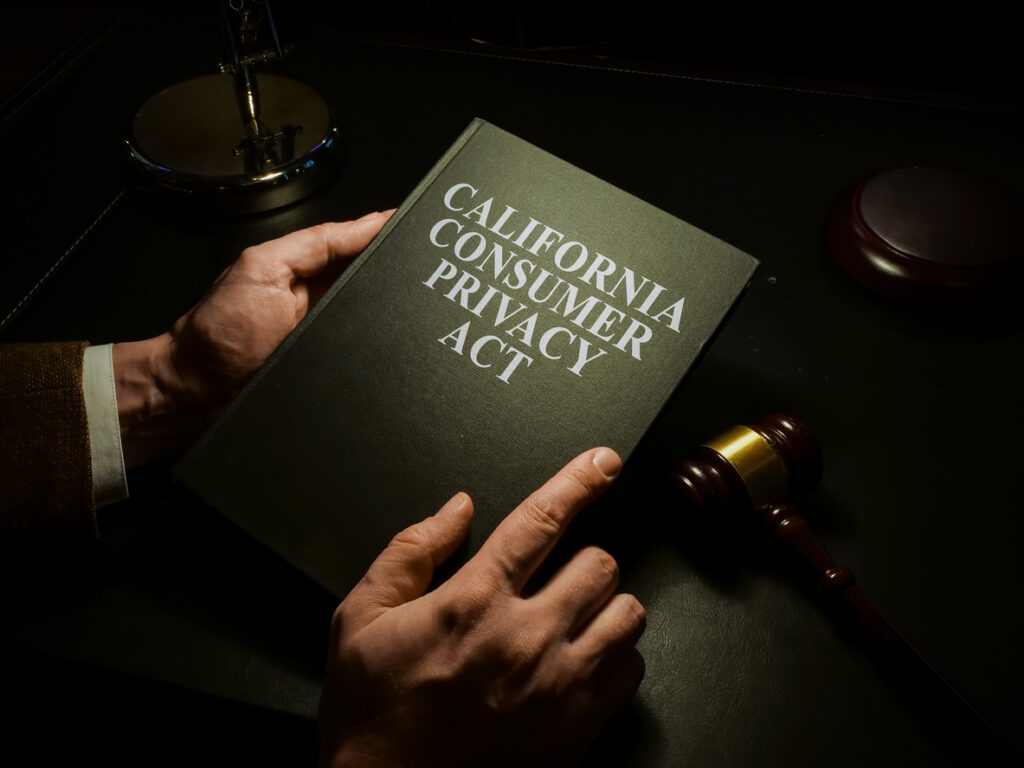
Conclusion
Compliance with the CCPA is crucial for businesses operating in California or dealing with California residents. By understanding the importance of CCPA and taking the necessary steps to achieve compliance, your business can avoid legal repercussions, build trust with consumers, and safeguard its reputation. Don’t wait – start working towards CCPA compliance today.
Be sure to check out how the new and powerful California Privacy Protection Agency (CPPA) plays a crucial role in upholding and enforcing California’s privacy laws, such as CPRA compliance and the California Consumer Privacy Act!
Understanding the California Privacy Protection Agency (CPPA)

